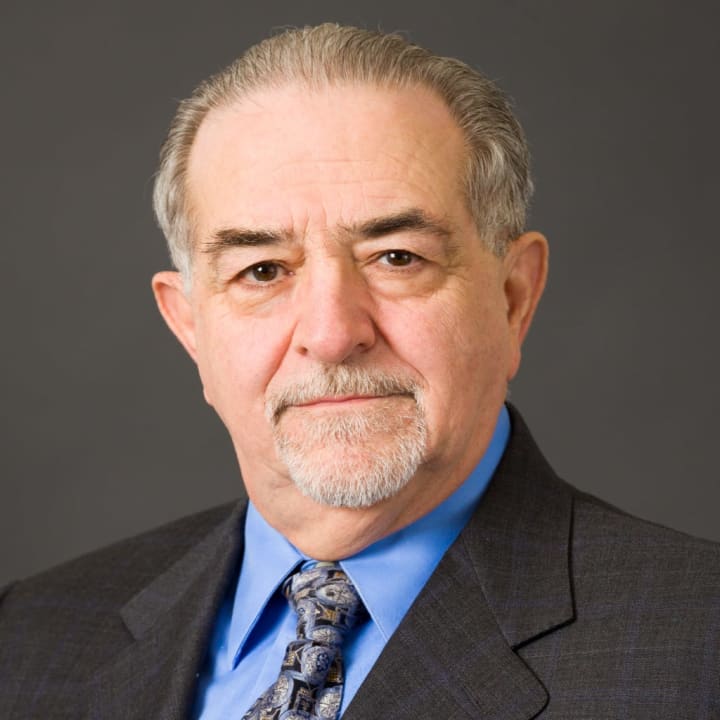Because that’s what’s going to happen, starting July 1, 2017.
Unless community mental health agencies succeed in their fight to restore funding.
For four decades, the state has funded community health providers on a contract system. Now it’s moving to a fee-for-service model.
That could work, mental health leaders say, except that the fees are so low that agencies won’t be able to meet their expenses. They anticipate closing outpatient programs.
To raise consciousness, Care Plus NJ, based in Paramus, has started an online petition to oppose the new funding formula and raise reimbursement fees.
The agency seeks 1,000 signatures.
It will present the petition to state lawmakers at an Oct. 19 Legislative Breakfast to take place at Seasons in Washington Township.
The gathering is called “Our Community Mental Health Crisis: Thousands Will Lose Access to Treatment in New Jersey.”
“We’re doing the petition to increase the visibility of the issue and gather public support because we think this is a wrongheaded plan,” said Joe Masciandaro, Care Plus CEO.
A loss of $8 million in Bergen County means 7,000 patients with depression, anxiety, schizophrenia, and other conditions will be cut off from the medication they need, according to Vicki Sidrow, president and CEO of Vantage Health System, which offers services in Dumont and Englewood.
Currently, these patients are treated at one of the county’s four community mental health agencies.
“Mental health and substance abuse services will be more limited than they were before this new policy,” Masciandaro said.
“That seems paradoxical,” he added, “because we have more people with insurance now than we did before 2014 when New Jersey became one of the Medicaid expansion states.”
Sidrow worries what will happen to patients if they lose treatment.
“Where do these people go?” she asked. “Do they end up back on the street? In hospitals? In the criminal justice system?"
The movement toward treating mental illness in the community, instead of hospitals, started during President John F. Kennedy’s administration.
In 1977, there were 8,000 psychiatric beds in the state of New Jersey, which had a population of more than 7 million people, Masciandaro said.
Today there are fewer than 1,500 beds in a state with almost 9 million residents.
Organizers of the legislative breakfast are seeking a speaker from Massachusetts, which already is using fee-for-service funding, to talk about how services are playing out in the Bay State.
According to an August 2016 series in The Boston Globe, almost one-third of community mental health providers in Massachusetts closed clinics from 2013 to 2015. More have been closing this year.
The other two community mental health centers serving Bergen are West Bergen Mental Healthcare in Ridgewood, Ramsey, and Mahwah, and Comprehensive Behavioral Healthcare in Lyndhurst and Hackensack.
Together, Sidrow said, they provide outpatient services to 30,000 people.
Click here to follow Daily Voice Bergenfield and receive free news updates.


